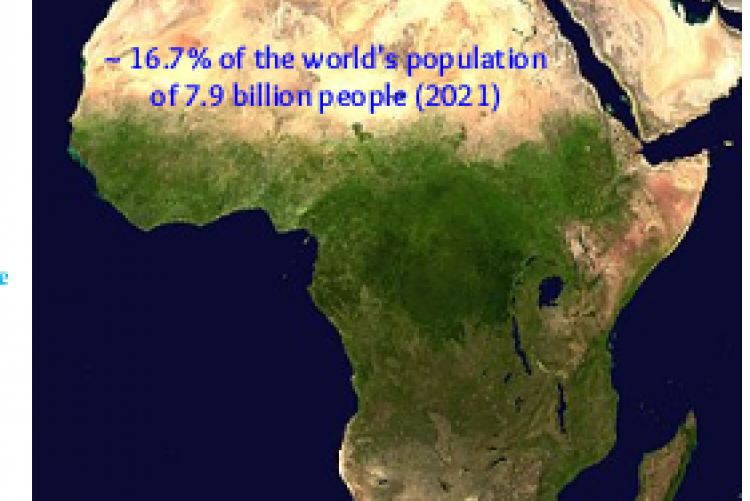Dr. Joseph R. Mukabana gave a keynote presentation on ‘State of Science Research and Climate Science Research in Africa’ during the 4th Annual Conference of the Faculty of Science and Technology
Dr. Mukabana started by noting the population of Africa as of November 2021 is estimated at 1.4 billion people by the UN, which is 16.72% of the world’s total population of 7.9 billion people. Africa contributes to 1.1% of the world’s scientific researchers, 1% of the world’s research output and Spends only 0.4-0.72% of the global expenditure in research and development (R&D). it also accounted for only 0.1% of global patents.
Dr. Mukabana additionally noted some of the reasons for the low scientific contributions are; Inadequate funding of science research including weather and climate research by governments in Africa, Inadequate research infrastructure and Weak linkage between climate science and policy.
Dr. Mukabana also spoke on Major Gaps and Challenges in Climate Research in Africa which include; Inadequate data from systematic observation of weather and climate elements to support robust research; Poor production and delivery of weather and climate services to support sustainable development and Weak collaborative research partnerships;
The Climate Research for Development (CR4D) was formed in during Climate Conference (ACC 2013) to try and address and fill the gaps to Address Challenges in Climate Research in Africa. Dr. Mukabana noted the objective of CR4D is to strengthen the links between climate science research and climate information needs in support of policy and development planning in Africa;
In conclusion Dr. Mukabana noted despite new innovations in Africa countries, investment in science Research remains low mostly due to lack of appreciation for the value of such investments. in order close the funding gaps in Africa. Dr Mukabana gave several recommendations which include; Research must be government supported to generate more benefits, as well as to increase the likelihood of the research findings to be integrated into policy planning. Innovation grants should be designed to play a greater role in revolutionizing scientific research, improving employment and reversing brain drain in Africa. And Build research/academic institutions that can produce accurate and unbiased data in order to attract more foreign funds
Dr.Mukabana is Senior Scientific Officer (SSO World Meteorological Organization (WMO) responsible for collaboration with technical departments at the WMO Secretariat to build the capacity in Numerical Prediction (NWP) in Africa and enhance the access and use of NWP outputs and climate products from Global Producing Centres (GPCs) and Regional NWP Centres by National Meteorological and Hydrological Services (NMHSs) in Developing and Least Developed Countries (LDCs) to improve forecast skills at the National level - and also facilitate enhanced delivery of real time weather observations from NMHSs in Developing and LDCs to GPCs to improve the quality of global forecasts.
- Log in to post comments

